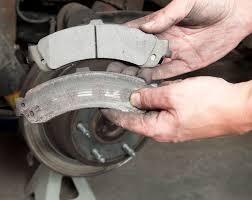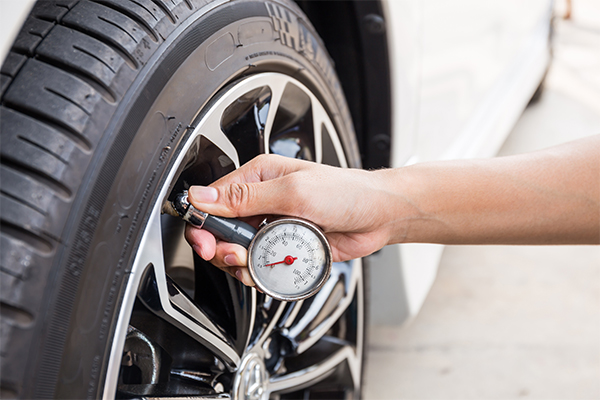Posted on 6/16/2025

A squeak that your brakes make when you first drive your car in the morning could be the result of moisture and/or dirt that collects on the rotors, including from condensation caused by high humidity. Under these circumstances the squeak should go away after a short period of driving and applying the brakes a few times. Simple. If you notice that the noise is not going away or you hear nonstop squeaking while you’re driving, the cause may be more serious and should be checked out right away by a trusted auto shop like One Stop Automotive to avoid higher repair costs. Nonstop squealing while you drive is probably the sound of the brake pad wear indicator (squealer) letting you know it’s time for new brakes. When the braking material on the brake pads gets too thin, the "squealers" rub on the brake rotors. This makes the squealing or squeaking noise that you hear. Some cars have electronic brake pad wear sensors, but most have the squealers. Duri ... read more
Posted on 6/3/2025

Keep Your Tires Properly Inflated To keep your tires from unnecessary wear and tear and even blow-outs, it is very important to keep them properly inflated. Properly inflated tires can also help with your gas mileage. When tires are filled to specifications, they also run cooler, reducing the possibility of a blowout. You should always keep a good quality tire gauge in your vehicle. You can get a cheap one, but they tend to break after a few uses. It is best to check tire pressure before you drive anywhere so the tires are cool. This is the required method because tires heat up as you drive, which will keep you from getting an accurate reading. There is a sticker inside the driver’s door jamb that gives tire size and pressure information. Use this guide when checking tire pressures. Take of the valve stem caps and press the tire gauge to the valve stem. This will give you the tire’s pressure. If it’s low, add some air. If it’s high, let som ... read more